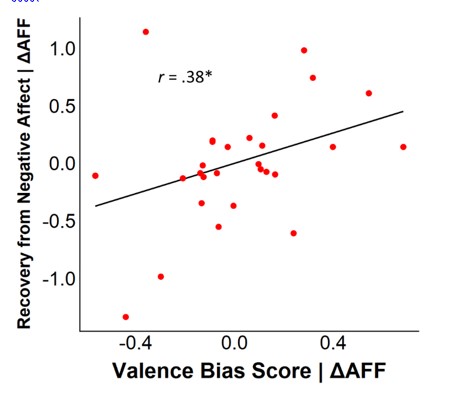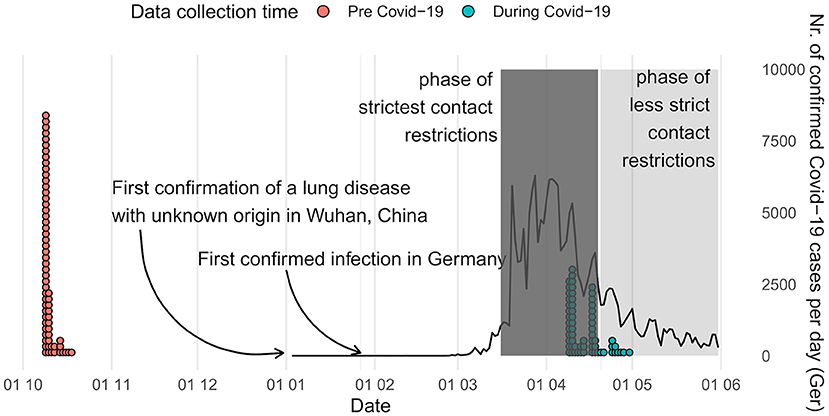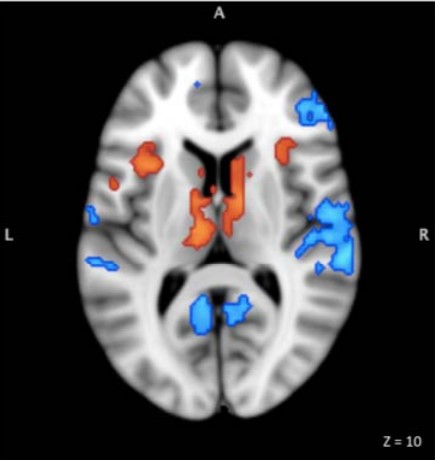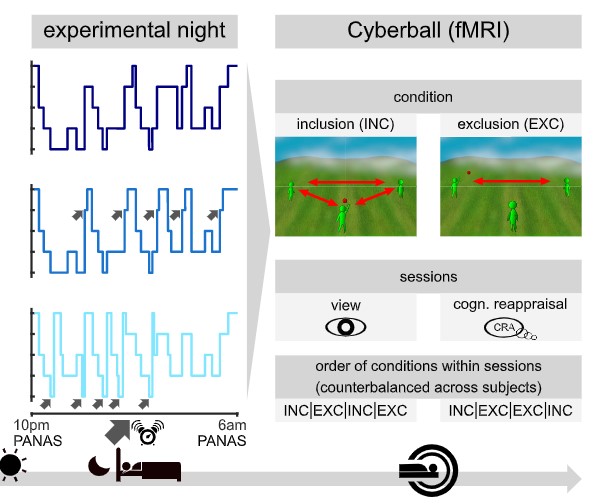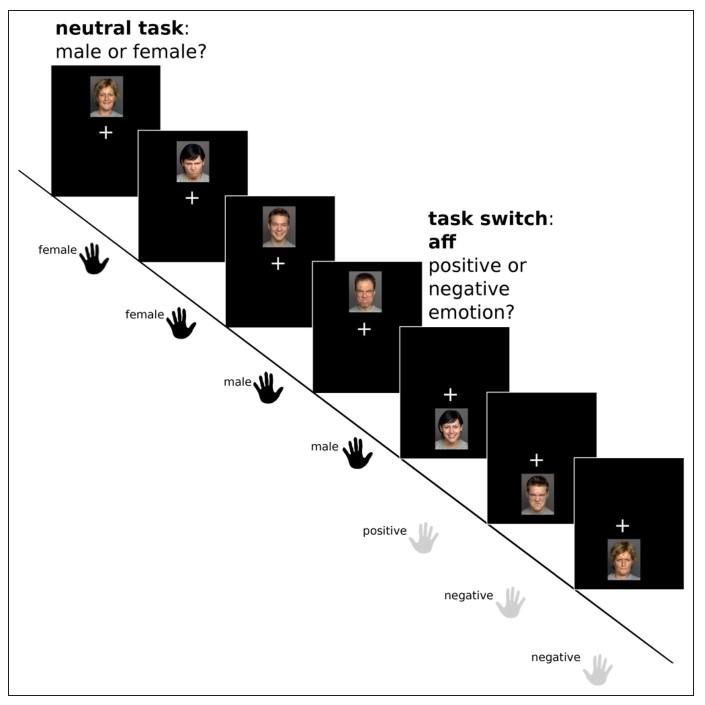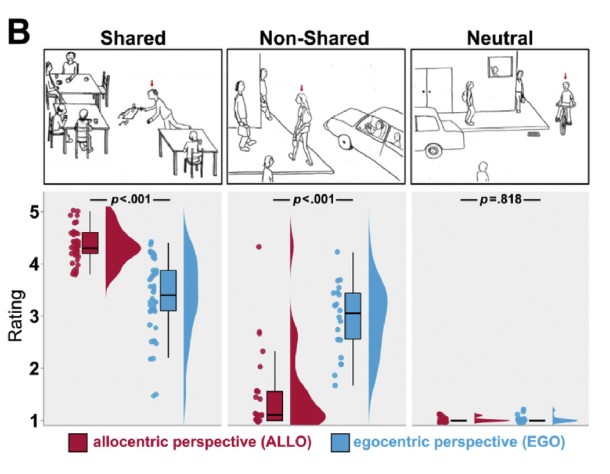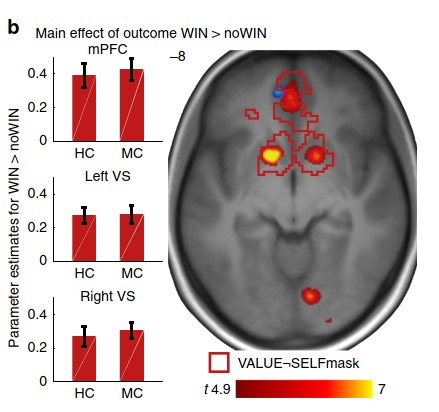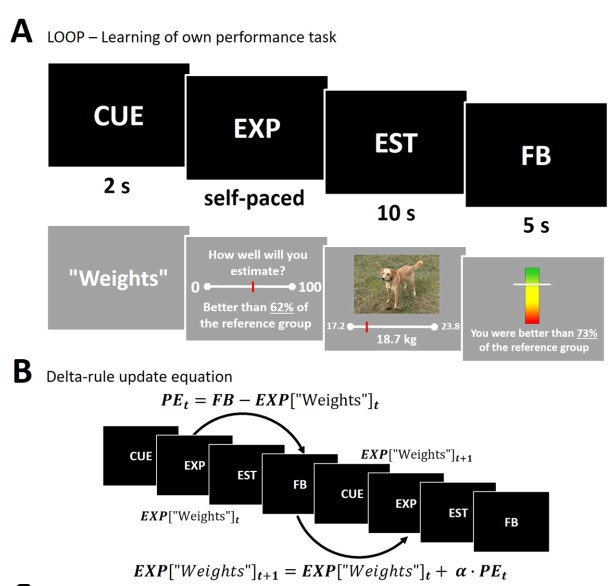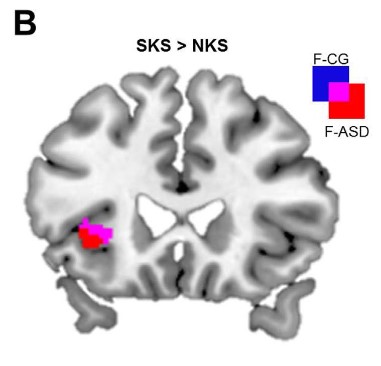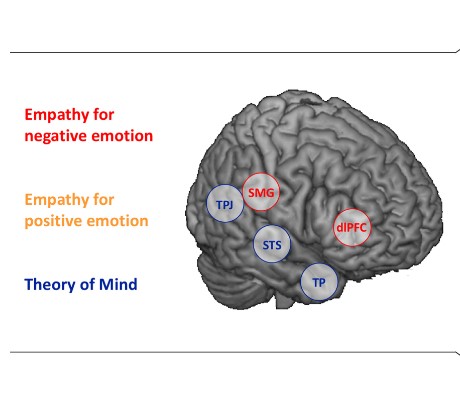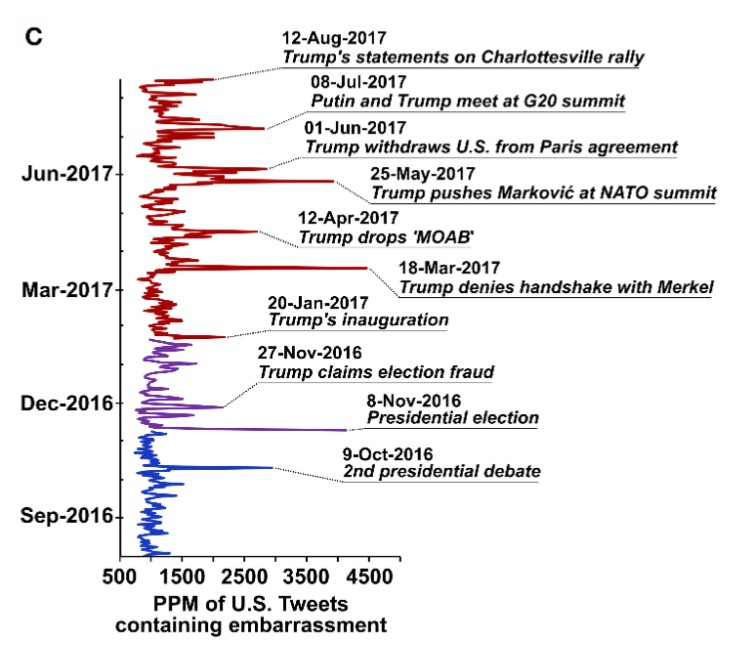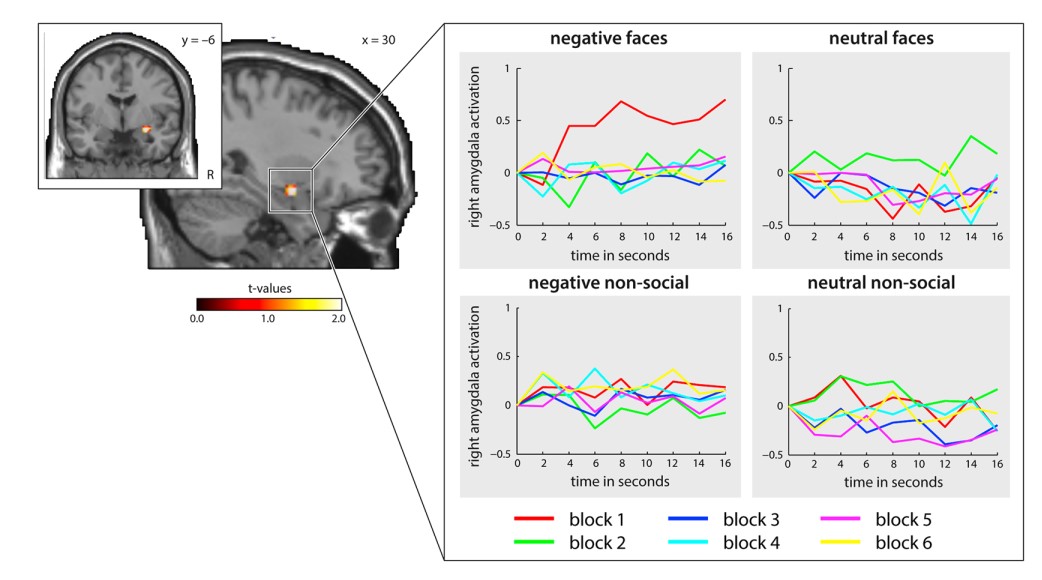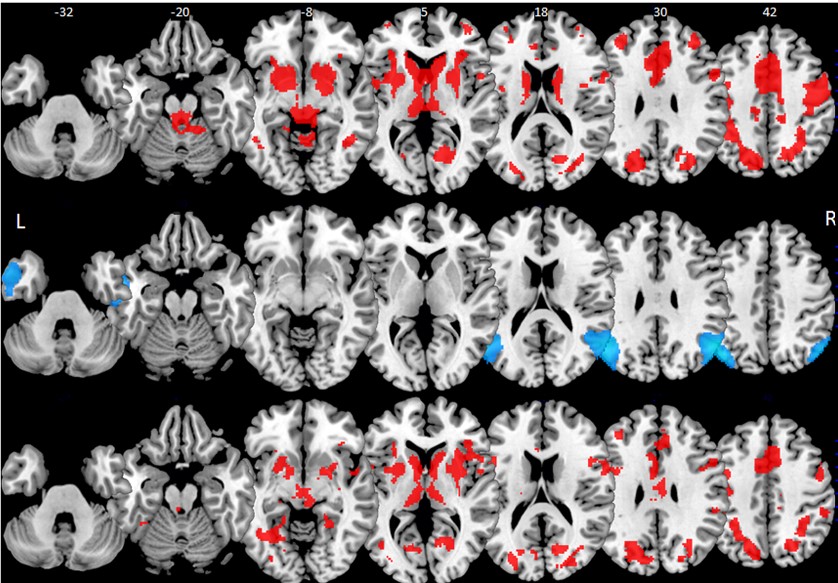Publications
“The argument from authority tries to justify a conclusion by pointing out that some expert or authority endorses the conclusion. […] “My parents say that Santa Claus exists. Therefore Santa Claus exists” or “My peers say that clothing item x is great. Therefore clothing item x is great.” In the case of the JIF, a high impact factor of a journal would play the role of an authority for the quality of the papers within it.”
- Most recent
- Clinical
- Hormones/Neuromodulators
- Meta-Science (Implications)
- Meta-Science (Methods)
- Social Cognition
- Social Emotions
- Social Learning
- Social Reward
Self-beneficial belief updating as a coping mechanism for stress-induced negative affect
August 25, 2021
Scientific Reports
Abstract Being confronted with social-evaluative stress elicits a physiological and a psychological stress response. This calls for regulatory processes to manage negative affect and maintain ...
Read More
Perceived Risk of Infection Linked to Changes in Comfort in Social Situations From Before to During the COVID-19 Pandemic
August 13, 2021
Frontiers in Psychiatry
Background: Social lives have significantly changed since social distancing measures have been implemented to prevent the spread of the coronavirus disease 2019 (COVID-19). This study aimed ...
Read More
Randomized clinical trial shows no substantial modulation of empathy-related neural activation by intranasal oxytocin in autism
August 13, 2021
Scientific Reports
Abstract: Evidence suggests that intranasal application of oxytocin facilitates empathy and modulates its underlying neural processes, which are often impaired in individuals with autism spectrum ...
Read More
The influence of anger on empathy and theory of mind
August 1, 2021
PLOS One
Social cognition allows humans to understand and predict other people’s behavior by inferring or sharing their emotions, intentions and beliefs. Few studies have investigated the ...
Read More
The neuroscience of social feelings: mechanisms of adaptive social functioning
June 9, 2021
Neuroscience & Biobehavioral Reviews
Abstract Social feelings have conceptual and empirical connections with affect and emotion. In this review, we discuss how they relate to cognition, emotion, behavior and ...
Read More
Mapping social reward and punishment processing in the human brain: A voxel-based meta-analysis of neuroimaging findings using the Social Incentive Delay task
January 6, 2021
Neuroscience & Biobehavioral Reviews
Abstract Social incentives (rewards or punishments) motivate human learning and behaviour, and alterations in the brain circuits involved in the processing social incentives have been ...
Read More
Selective suppression of rapid eye movement sleep increases next-day negative affect and amygdala responses to social exclusion
October 3, 2020
Scientific Reports
Abstract Healthy sleep, positive general affect, and the ability to regulate emotional experiences are fundamental for well-being. In contrast, various mental disorders are associated with ...
Read More
Cognitive, affective, and feedback-based flexibility – Disentangling shared and different aspects of three facets of psychological flexibility
September 9, 2020
Journal of Cognition
Abstract Cognitive flexibility – the ability to adjust one’s behavior to changing environmental demands – is crucial for controlled behavior. However, the term ‘cognitive flexibility’ ...
Read More
Spinach in the teeth: How ego- and allocentric perspectives modulate neural correlates of embarrassment in the face of others’ public mishaps
September 3, 2020
Cortex
Abstract Humans experience vicarious embarrassment when they observe other’s mishaps in public settings, even when the protagonist is not embarrassed at all. Though neural correlates ...
Read More
The c-index as a measure of a scientist’s efficiency and assertiveness
April 1, 2020
Abstract The Cuckoo-index (c-index) is a new index that attempts to measure both the effectivity and the savviness of a scientist. The index is based ...
Read More
Internal control beliefs shape positive affect and associated neural dynamics during outcome valuation
March 3, 2020
Nature Communications
Abstract Experiencing events as controllable is essential for human well-being. Based on classic psychological theory, we test how internal control beliefs impact the affective valuation ...
Read More
Negativity-bias in forming beliefs about own abilities
October 3, 2019
Scientific Reports
Abstract During everyday interactions people constantly receive feedback on their behavior, which shapes their beliefs about themselves. While classic studies in the field of social ...
Read More
Empathy in females with autism spectrum disorder
June 3, 2019
Frontiers in Psychiatry
Abstract Objective: Despite the fact that autism spectrum disorder (ASD) is a common psychiatric diagnosis, knowledge about the special behavioral and neurobiological female phenotype is still ...
Read More
Dissociating empathy from perspective-taking: Evidence from intra- and inter-individual differences research
March 3, 2019
Frontiers in Psychiatry
Abstract Humans have the capacity to share others’ emotions, be they positive or negative. Elicited by the observed or imagined emotion of another person, an ...
Read More
The politics of embarrassment: Considerations on how norm-transgressions of political representatives shape nation-wide communication of emotions on social media
March 3, 2019
Frontiers in Communication
Abstract In this article, we hypothesize, and then demonstrate, that experiences of embarrassment have significantly increased in the United States, due in part, to the ...
Read More
Neural mechanisms of affective matching across faces and scenes
February 3, 2019
Scientific Reports
Abstract The emotional matching paradigm, introduced by Hariri and colleagues in 2000, is a widely used neuroimaging experiment that reliably activates the amygdala. In the ...
Read More
The neural substrate of reward anticipation in health: A meta-analysis of fMRI findings in the monetary incentive delay task
September 3, 2018
Neuropsychological Reviews
Abstract The monetary incentive delay task breaks down reward processing into discrete stages for fMRI analysis. Here we look at anticipation of monetary gain and ...
Read More
The impact factor fallacy
August 3, 2018
Frontiers in Psychology
Abstract The use of the journal impact factor (JIF) as a measure for the quality of individual manuscripts and the merits of scientists has faced ...
Read More
The causal role of the somatosensory cortex in prosocial behaviour
May 3, 2018
eLife
Abstract Witnessing another person’s suffering elicits vicarious brain activity in areas that are active when we ourselves are in pain. Whether this activity influences prosocial ...
Read More
Peripheral oxytocin predicts higher-level social cognition in men regardless of empathy quotient
March 3, 2018
Pharmacopsychiatry
Abstract Introduction: Pharmaceutical oxytocin (OT) administration is being tested as a novel treatment for social deficits in various psychiatric populations. However, little is known about how ...
Read More
